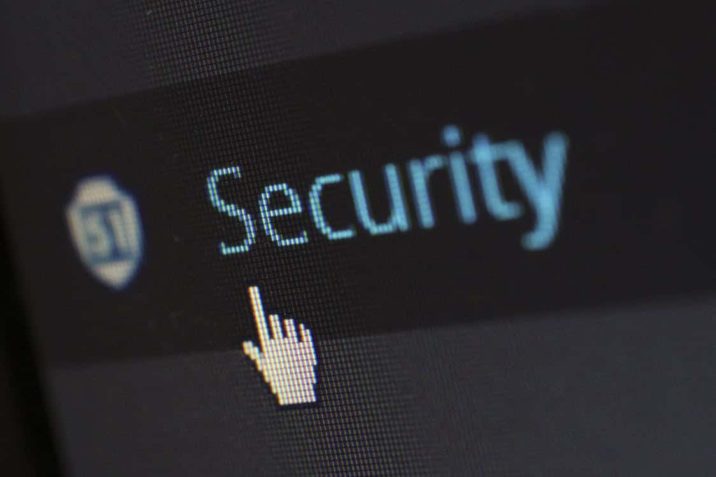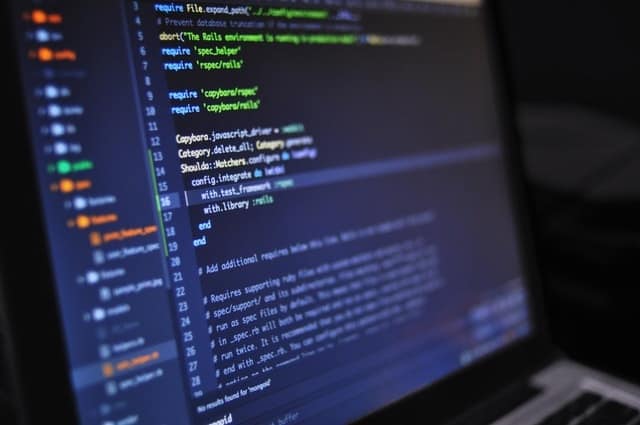Did you know that as much of a third of all the world’s software is pirated? Perhaps you read this and think ‘So what? What does it matter to me?’
It potentially means you have purchased pirated software – and that could open you up to a whole host of dangers. With an estimated one third of the world’s computers hosting pirated software, millions of people worldwide are opening themselves up to the vulnerabilities of hackers. Millions of individuals are unknowingly exposing themselves up to bank accounts details being stolen, their identity taken, or perhaps worse.
These days, we keep so much sensitive information on our computers – scans of our passports, log-ins for our savings, even the information of our kid’s schools.
Surely, if any of this had the possibility of falling into the wrong hands, it’s just not worth the risk.
Recently, the International Data Corporation – one of the world’s leading market intelligence firms – published a report explaining just how extensive pirating software is. Ten years on from the first report by the Business Software alliance, it seems pirated software is still just as prevalent; it may appear on as many as 75% of computers. Although the problem is most prevalent in the developing world, it exists here in America too.
The dangers are extensive. At the lower level, as the software is downloading, they install cookies to track your movements on the internet – something you may think is fairly innocuous. However, do you want sites which specialize in pirated software, games and pornography tracking your every movement on the web?
Cookies, however, are the least of your worries. Any individual who has tried to obtain pirated software online opens themselves up to the risk of vicious malware making its way onto their device. Malware is now a major aspect of credit card-related crime.
The dangers of visiting sites that offer pirated software, and downloading from them, opens the risk of your credit card details ending up for sale on the dark web’s black market. It is estimated that the total value of the market for information stolen by cyber thieves stands at $114 billion.
However, the dangers do not exist on these sites alone. Often, CDs are sold with pirated software on them – often masquerading as legitimate software. This allows cybercriminals to install all kinds of horrors on the computer, like malware, which can track your movements on the internet and extort money, and spyware, which can observe every key stroke you make – to the effect of finding out your credit card details, your passport details and even where you live.
How to Avoid Pirated Software
Pirate software can be bought everywhere, so knowing if you have bought pirate software can be baffling to someone with no knowledge of software licensing.
Pirated software can be found sold in shops and it can be advertised as a legitimate product online. Sometimes, it can even sit alongside fully-licensed software, and has been sneaked into the supply chain somewhere along the way. If you buy a PC second-hand, you may just find that the software on it has been pirated.
One way to avoid pirate software is to not go looking for it. Just one visit to a website that hosts pirated software and malware could be installed on your computer. Any pop-ups that offer free downloads of the latest Microsoft packages are absolutely not to be trusted – this is valuable product; no one with honest intentions would be giving it away for free.
If you receive a new device that didn’t come straight from Microsoft, you must update the software on it, by purchasing new forms of Office off a legitimate software license vendor.
You can only really be sure you’ve bought legitimate software if you’ve bought it from a legitimate seller, like SoftwareKeep, who are a Microsoft-certified partner. Unless you buy from a partner who is associated with Microsoft, you can’t be sure you’re getting real software.
Genuine Software
The ways to spot legal Microsoft software is if it comes with these things:
- A Microsoft online account
- A Microsoft license
- A product key
- The software
If you are missing one of these, the likelihood is you have not bought genuine Microsoft software.
The license is really the most important bit of the software, as it is that which legally allows you to use the product. If a seller is not including a license and a key which activates it within the product, they are not a genuine retailer.
A product key is that which allows you access to your product. A reputable seller will always send a Microsoft-approved product key. Fake vendors will not bother passing on the key from Microsoft – it will merely be a hack key they have developed.
Fake vendors often refuse to offer a guarantee for licenses, or any sort of support. In contrast, a reputable retailer like SoftwareKeep guarantees your license for 2 years and has an expansive support option. These are the hallmarks of a legitimate retailer.
Other tell-tale signs the vendor is selling fake software is if their website is highly unprofessional, with many spelling mistakes and little information. Another huge indicator is if the price is just too good to be true – if it seems unbelievable, it probably is.
Never assume you or your information is safe, and don’t take chances. Microsoft knows just how important a genuine software license is to maintaining good cyber security. So, if you want to keep your data safe, opt for a legitimate vendor of Microsoft software. You may pay a little more – but security is priceless.
With these tips on protecting your information, you’ll be wiser to scams and dodgy sites and be able to surf the internet without running into problems.




